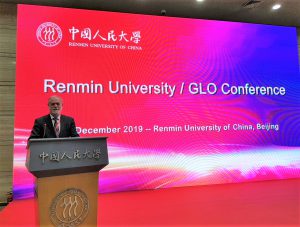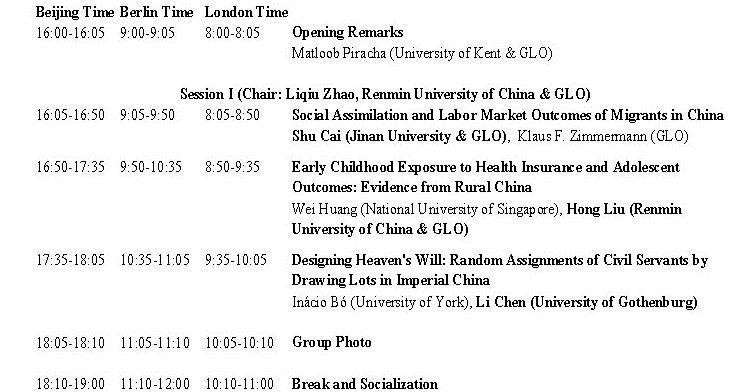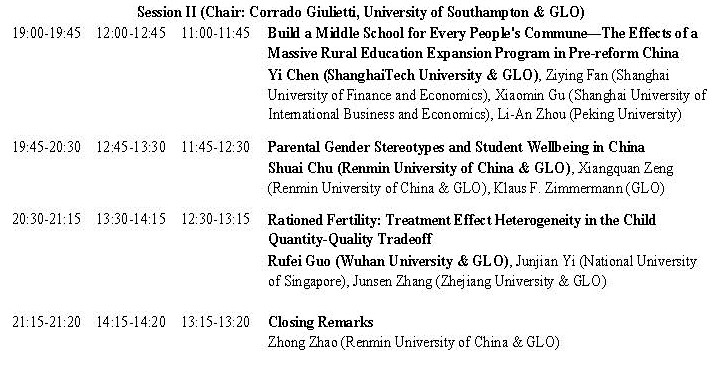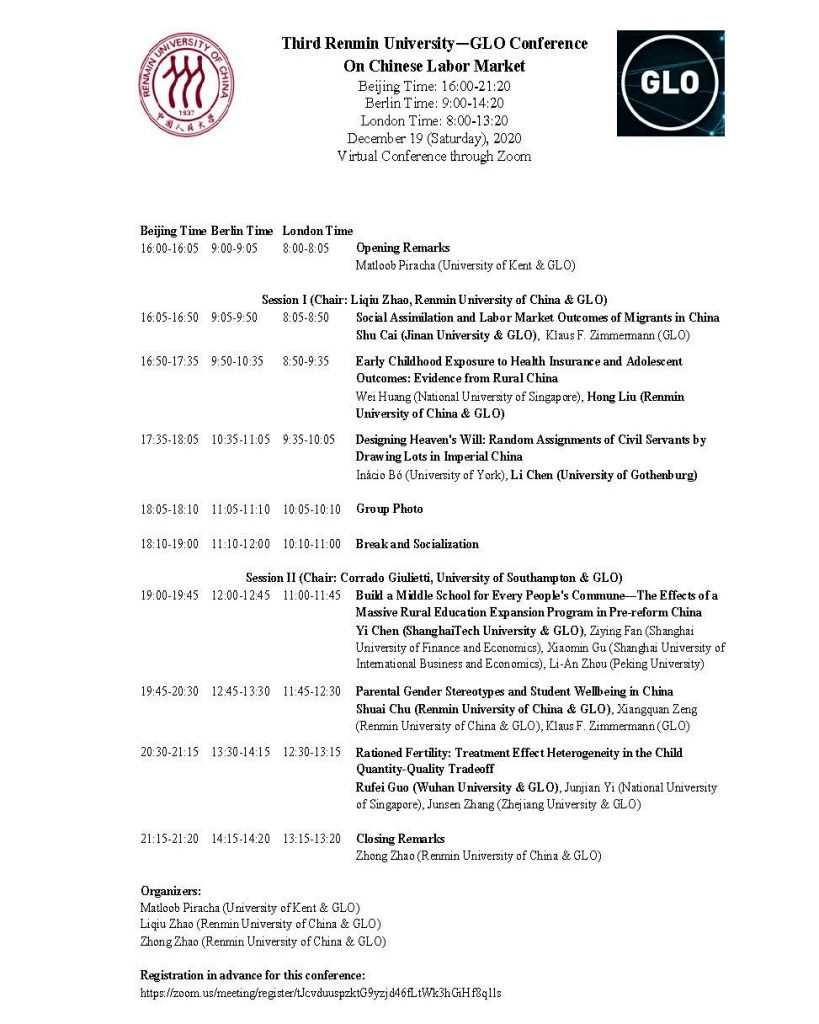A new GLO Discussion Paper finds that child marriage in Pakistan has decreased among women from wealthy and urban households, but is increasingly concentrated among older and less educated women and those belonging to poor, rural households.
The Global Labor Organization (GLO) is an independent, non-partisan and non-governmental organization that functions as an international network and virtual platform to stimulate global research, debate and collaboration.

GLO Discussion Paper No. 731, 2020
Girls Not Brides: Evolution of Child Marriage in Pakistan – Download PDF
by Javed, Rashid & Mughal, Mazhar
GLO Fellow Rashid Javed
Author Abstract: Child marriage is still widespread in countries across the Indian Subcontinent. The practice has important consequences for the health and well-being of the woman and the child. In this study, we examine the incidence of child marriage in Pakistan and the changes that have taken place over time in the profile of the women who marry before turning 18. We use data from all the four rounds of the representative Pakistan Demographic and Health Survey (PDHS), namely 1990 − 91, 2006 − 07, 2012 − 13 and 2017 − 18. With the help of these data, we observe the evolution of the individual and household characteristics of early-marrying women over a span of three decades. We find that the practice of child marriage has become much less generalized over the past three decades. In 2017−18, 39% of married women of child-bearing age (i.e. those between the age of 15 and 49) had got married before the age of 18. Though still high, it is nonetheless lower than the 54% incidence found in 1990 − 91. The decrease is particularly significant among women from wealthy and urban households. The incidence of child marriage is increasingly concentrated among women who are older and less educated and those belonging to poor, rural households. Elimination of the harmful practice of child marriage is crucial for achieving the fifth Sustainable Development Goal (SDG) which deals with gender equality. The findings of the study highlight the close links present between child marriage, poverty and urbanization.

GLO Discussion Papers are research and policy papers of the GLO Network which are widely circulated to encourage discussion. Provided in cooperation with EconStor, a service of the ZBW – Leibniz Information Centre for Economics, GLO Discussion Papers are among others listed in RePEc (see IDEAS, EconPapers). Complete list of all GLO DPs – downloadable for free.
Ends;














